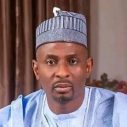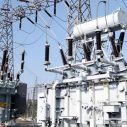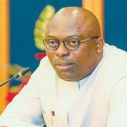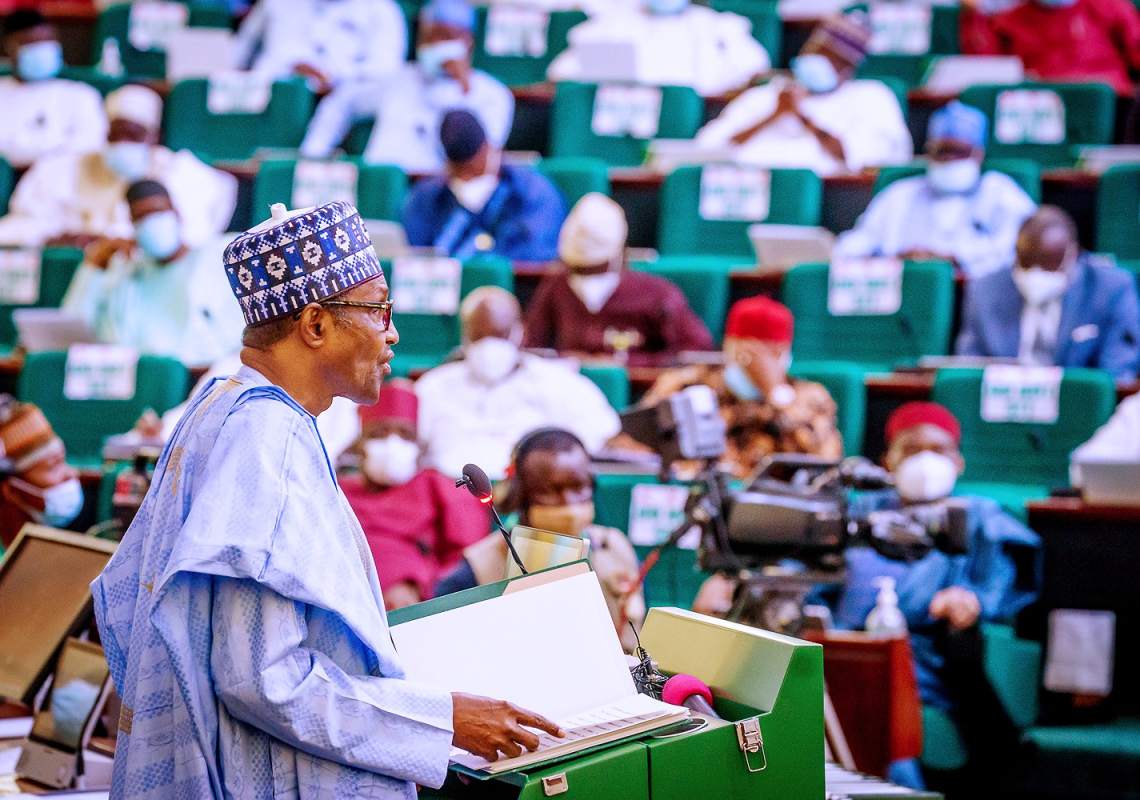President Muhammadu Buhari last Friday signed into law the 2022 Appropriation Bill and the 2021 Finance Bill in keeping with the tradition of restoring a predictable January to December fiscal year, as provided for in the Constitution of the Federal Republic of Nigeria.
The 2022 budget provides for aggregate expenditures of N17.127 trillion, an increase of N735.85 billion over the initial executive proposal for a total expenditure of N16.391 trillion.
We recall that the National Assembly had approved 1.88mbpd daily oil production and $62 per barrel as against the $57 proposed by the executive arm of government.
The legislature said the increase in oil price benchmark from $57 to $62 was done to reflect the current market value in the international market.
The exchange rate was pegged at N410.15/$1, Gross Domestic Product (GDP) rate at 4.2, and inflation rate at 13 percent.
Out of the N17,126,873,917,692 budget passed, N869,667,187,542 is for statutory transfer; N6,909,849,788,737 is for recurrent expenditure; N5,467,403,959,863 is for capital expenditure, and N3,879,952,981,550 is for debt servicing.
President Buhari had expressed strong reservations on the ‘‘worrisome changes’’ made by the National Assembly to the 2022 Executive Budget proposal.
He announced that he would revert to the National Assembly with a request for amendment as soon as the Assembly resumes to ensure that critical ongoing projects cardinal to this administration do not suffer a setback due to reduced funding.
2022 Budget Insertions: No Rift Between Buhari, NASS – Presidency
The president recalled that during the presentation of the 2022 Appropriation Bill, he had stated that the fiscal year 2022 would be very crucial in his administration’s efforts to complete and put to use critical agenda projects, as well as improve the general living conditions of the people.
This newspaper commends the prompt passage and subsequent signing of the budget into law. For the past three years, the government has maintained the January to December budget cycle.
However, the problem of successive administrations has never been the passage of the budget but the implementation. Sadly, successive governments had never implemented a capital expenditure of more than 50 percent.
Since 1999, legacy projects like the East-West Road, Lagos-Ibadan Road, Mambilla Power Project and Second Niger Bridge have appeared in all the budgets with no successful completion of any of the projects.
No doubt, the completion of some of these legacy projects will impact tremendously on the communities and the country as a whole. Another elephant in the room is the revenue problem as the government has resorted to binge borrowing to fund the budget.
The Debt Management Office (DMO) had published Nigeria’s total public debt as of September 30, 2021. The data, which include the total external and domestic debts of the Federal Government of Nigeria (FGN), 36 state governments, and the Federal Capital Territory (FCT), showed that Nigeria’s public debt was N38.005 trillion or $92.626 billion at the end of Q3 2021. Despite government’s claims to the contrary, this is not healthy for the country.
This newspaper has consistently maintained that blocking leakages and the use of technology in revenue collection can significantly increase the nation’s revenue. Also selling or privatisation some national assets can improve revenue. We also suggest that government this year should look towards public-private-partnership in some infrastructure projects.
Also, the government needs to think of creative ways to improve the revenue of the country without burdening a populace that is already overburdened by taxes and erosion of purchasing power.
Suffice to say, the oversight function by the National Assembly is weak. In most cases, lawmakers have turned oversight functions into an avenue for personal gain at the expense of the nation.
Sadly, as the country prepares for the general elections next year, governance may take a back seat and politicking would take the front seat. The electioneering should not be allowed to derail the Buhari administration, especially as he is not on the ballot himself. He has to stay the course.
It is gratifying to note that President Buhari has pledged that the 11.9-kilometre Second Niger Bridge, 120-kilometre Lagos-Ibadan highway, and other key projects under the Presidential Infrastructure Development Fund (PIDF) would be completed before his second term expires in 2023.
It is from this standpoint that we call on the federal government to ensure strict implementation of the 2022 budget. The National Assembly should put national interest above self-interest and ensure they carry out oversight functions religiously.
© 2021 || Leadership Media Group || All Rights Reserved.
© 2021 || Leadership Media Group || All Rights Reserved.






